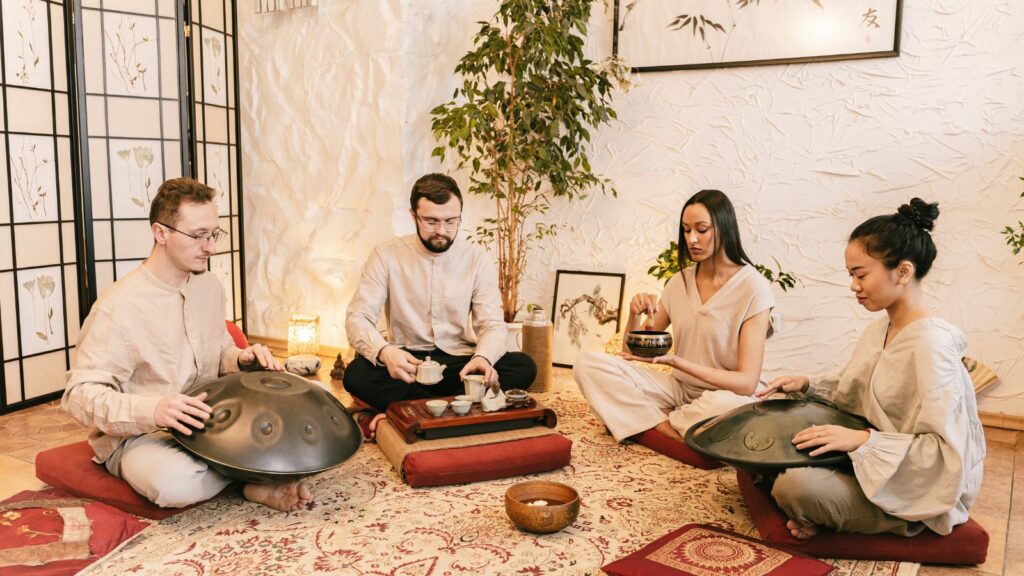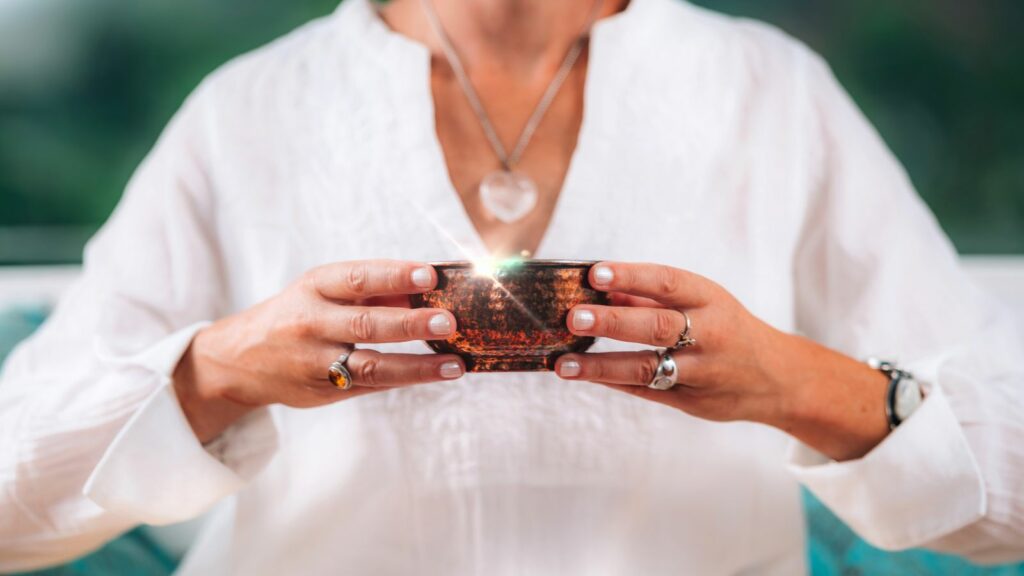In today’s fast-paced world, maintaining wellness can feel like a never-ending challenge. With countless demands vying for attention, it’s crucial to identify nonnegotiable wellness rituals that anchor one’s day. These rituals are personal, consistent practices that foster mental, physical, and emotional well-being.
Everyone’s wellness journey is unique, but the common thread is the commitment to self-care. Whether it’s a morning meditation, a brisk walk, or a nourishing breakfast, these routines provide stability and clarity amidst chaos. They’re not just habits; they’re essential for thriving in a demanding environment.
What Are Your Nonnegotiables Wellness Rituals
Nonnegotiable wellness rituals serve as the foundation for maintaining consistent well-being. These rituals, which are deeply personal, are activities or practices one commits to adhering to regardless of circumstances. Morning meditation, for example, can create a calm start to the day, while brisk walks can invigorate both body and mind. Engaging in healthy breakfasts contributes to sustained energy and nourishes the body.

Establishing these rituals requires self-awareness to identify what practices resonate and stabilize one’s wellness. Commitment is crucial, where individuals schedule these activities and treat them as indispensable parts of their routine. The sense of permanence transforms these rituals into unyielding priorities amidst life’s unpredictability.
The impact of these rituals on mental, physical, and emotional health is profound. Research by the American Psychological Association suggests that regular, committed wellness practices can reduce stress, enhance mood, and improve overall health. By integrating nonnegotiable rituals, individuals experience enhanced resilience and a balanced lifestyle indispensable in today’s demanding environment.
Identifying Your Core Wellness Needs
Recognizing core wellness needs involves understanding what practices most effectively enhance an individual’s health and happiness. Establishing personal wellness rituals addresses specific areas of physical, mental, and emotional wellness.

Physical health rituals maintain and improve bodily well-being. Examples include regular exercise, balanced nutrition, and sufficient sleep. The World Health Organization emphasizes that activities like yoga or jogging promote cardiovascular health and increase energy levels. Incorporating these into daily life requires consistency—allocating dedicated time slots each day helps sustain these rituals. Conscious choices about diet and hydration make a substantial impact on physical vitality. Prioritizing restorative sleep supports immunity and cognitive functions, reinforcing the importance of a regular sleep schedule.
Mental Health Practices
Mental health practices nurture the mind and emotional resilience. Activities like meditation, journaling, and mindfulness exercises aid in reducing stress and enhancing focus. The American Psychological Association notes that meditation can significantly lower cortisol levels, fostering calmness and mental clarity. Regular practice of gratitude journaling acknowledges positive experiences, influencing mood positively. By intentionally scheduling time for these activities, individuals can integrate mental wellness into their everyday lives, helping to maintain emotional balance and reduce anxiety.
Creating a Consistent Routine
Establishing a regular wellness routine is crucial for integrating nonnegotiable rituals into daily life. This structured approach ensures that these beneficial practices seamlessly become part of one’s lifestyle, providing ongoing support for well-being.

Starting the day with consistent wellness rituals sets a positive tone. Engaging in a few quiet moments of meditation can sharpen focus and foster mental clarity. Following meditation, enjoying a nutritious breakfast rich in proteins and whole grains can provide sustained energy. Nutritional guidance from the American Dietetic Association underscores the importance of breakfast choices supporting overall health. Incorporating light stretching exercises, like yoga or tai chi, not only invigorates the body but also enhances flexibility and circulation for the day ahead.
Evening Wind-down
The evening is ideal for winding down and preparing the mind and body for restful sleep. Establishing an electronic-free zone at least one hour before bed can reduce exposure to blue light, which improves sleep quality. Harvard Sleep Health programs advise this practice to naturally regulate sleep patterns. Incorporating calming activities such as reading or warm baths with Epsom salts can further relax the muscles and calm the mind. Journaling about the day’s experiences or reflections offers an opportunity for emotional release and closure, contributing to a more peaceful transition to sleep.

